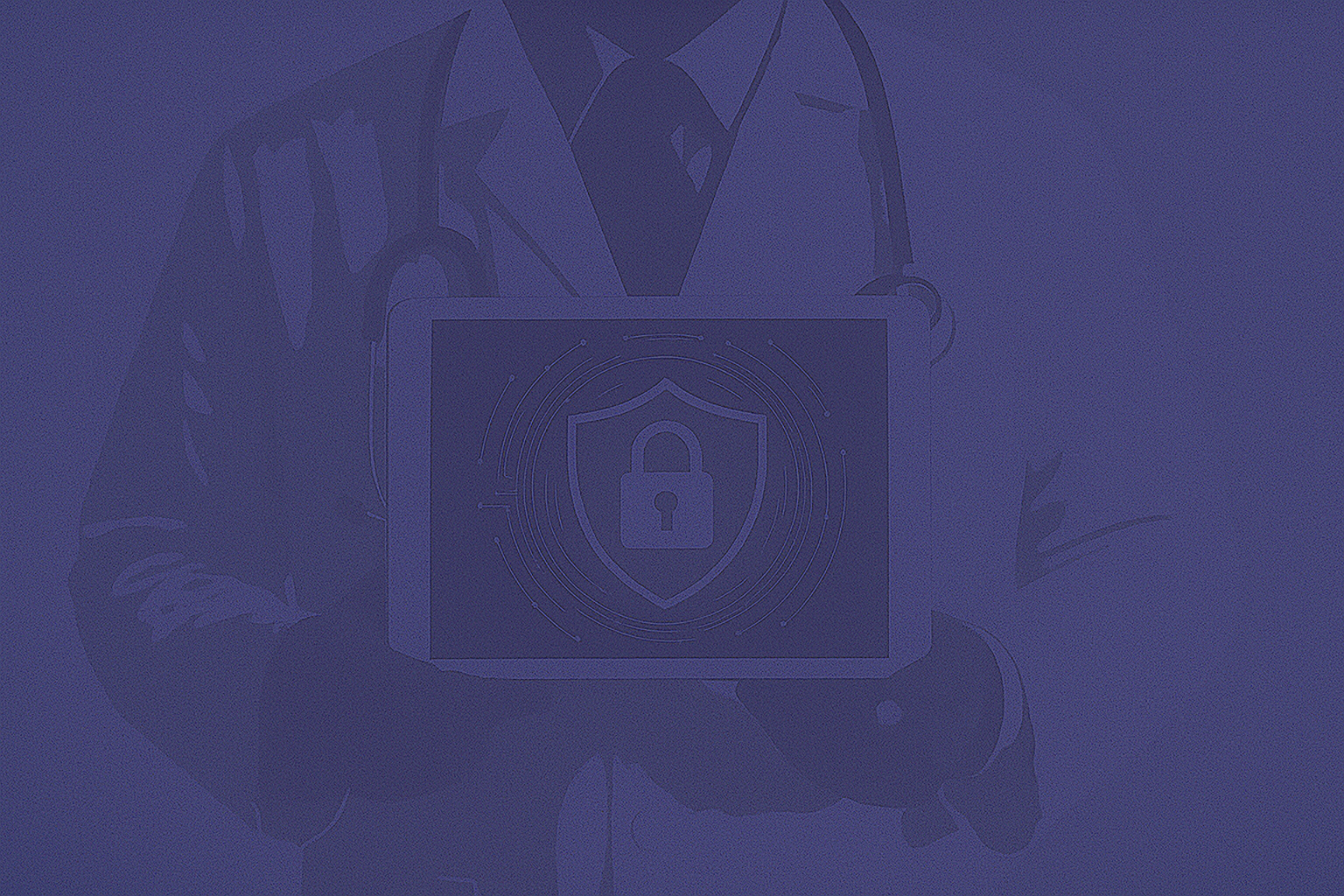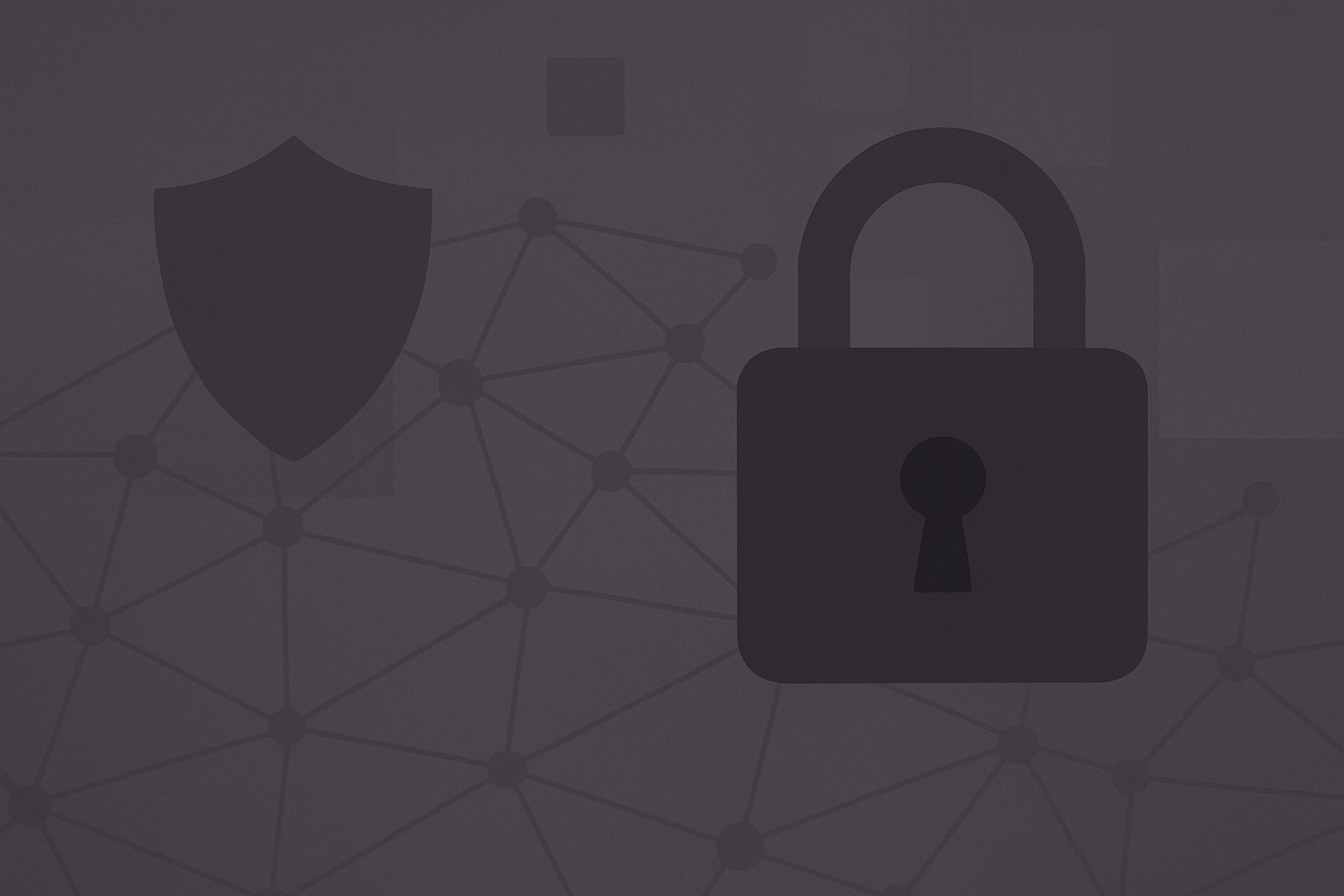Goodbye Traditional Banking and Welcome to the Employee-Driven Workplace


The “app-ification” of financial services and consumer adoption of mobile banking and contactless payments has paved the way for banks to make significant changes in how they deliver productivity to their employees
Over the last few years, traditional banking has undergone a paradigm shift as an increasing number of consumers have adopted mobile banking and contactless payments for everything from depositing checks to transferring money to making purchases both online and at brick-and-mortar establishments.
This “app-ification” of the banking experience has signaled the end of traditional banking for many, and is prompting financial services firms to now look at other ways in which they can fully reap the benefits of digital transformation.
Traditionally risk averse and slow to adopt cloud computing and other modern technologies, banks are now starting to realize that their employees want the same experience from their work that is being provided to the consumer. For many, this means the ability to be productive while working from virtually anywhere.
The Challenges with an “Employee-Centric” Approach
Similar to a bank’s customers, employees want a “contactless experience” with their work. They want to be productive without having to commute to an office on a daily basis. And they want their technology to work without having to interface with IT when something goes wrong.
Yet, the banks and financial services firms these employees work for, face the unique challenges that come from operating in a highly regulated environment. The requirements associated with security and privacy regulations, such as FINRA, PIPEDA and OSF, to name a few, can slow innovation.
The reality for these organizations is that there is enormous risk to both the bank and its reputation when the desire for innovation supercedes the need to adhere to regulations. One example of this is JP Morgan, which was fined a combined total of $200 million in 2021 by regulators after admitting to ‘bookkeeping failures’ that centered around the use of employees’ personal devices, from which Whatsapp messages, text messages and emails were sent for business purposes1.
Further, ransomware and malware continue to be a significant concern for financial services firms. According to an April 2022 report, Modern Bank Heists 5.0. published by VMware, 63% of financial institutions surveyed reported that they experienced an increase in destructive attacks, up from 17% the previous year2. Another study by Check Point Research found that in the financial industry, companies reported 703 cyber attack attempts per week in Q4 2021, a 53% increase over the same period the previous year3.
So, how can a bank or financial institution provide its employees with the hybrid work experience they desire in a way that is safer, smarter and more productive?
Tehama Carrier for Work: Innovative, Secure and Trusted
Tehama’s Carrier for Work™ is an innovative and disruptive solution that can help financial services in creating the employee-centric experience while at the same time de-risking hybrid work.
With the Tehama Carrier for Work™, banks and financial institutions benefit from:
Improved workforce productivity and user experience.
Because virtual workspaces can be configured and provisioned in minutes, disruption and downtime are kept to a minimum. Employees simply log into Tehama and can immediately begin work with all the tools they need.
Built-in governance and compliance.
Tehama has more than 80 built-in SOC 2 Type II controls, making it easy to meet regulatory requirements such as FINRA, PIPEDA, OSFI, NYDFS 23, and NYCRR 500. Every Tehama session is logged and recorded, so auditors and risk managers can ensure all compliance requirements are met.
To learn more about how the Tehama Carrier for Work™ offers a safer, smarter, more productive way for financial services companies to deploy a hybrid workforce click here or contact our team to learn more or to set up a demo today.
___
1 https://www.cnbc.com/2021/12/17/jpmorgan-agrees-to-125-million-fine-for-letting-employees-use-whatsapp-to-evade-regulators.html
2 https://www.vmware.com/content/dam/learn/en/pdf/carbonblack/Modern%20Bank%20Heists%205.0%20Report.pdf
3 https://blog.checkpoint.com/2022/01/10/check-point-research-cyber-attacks-increased-50-year-over-year/

Read More

HIPAA Compliance Doesn’t Have to Be Complicated: Meet Tehama for Healthcare

Why Zero Trust Access Can’t Be an Afterthought Anymore


